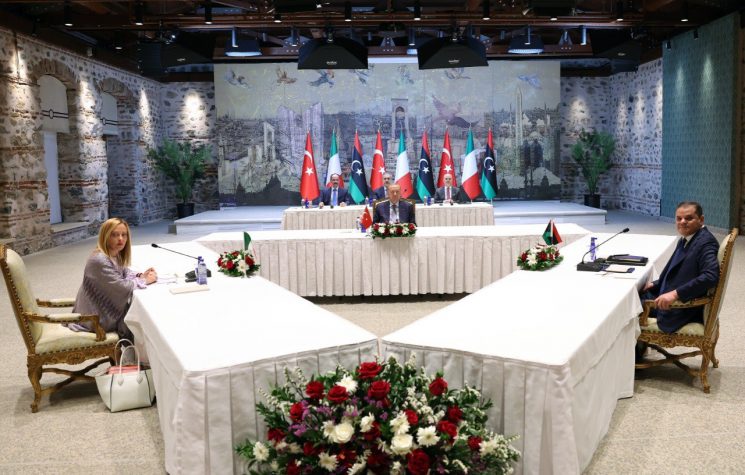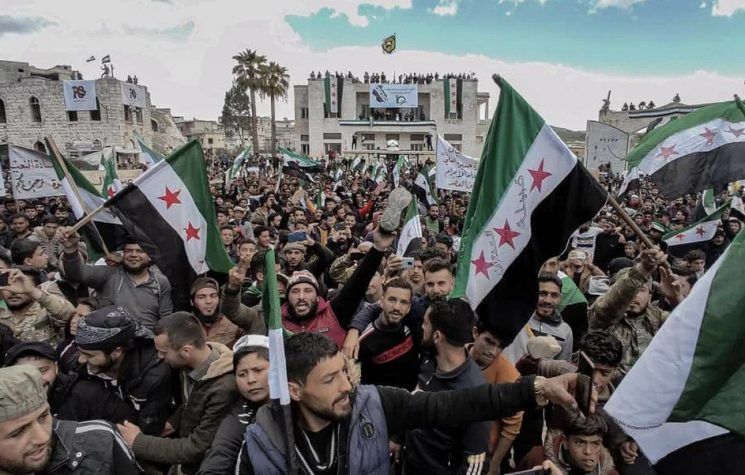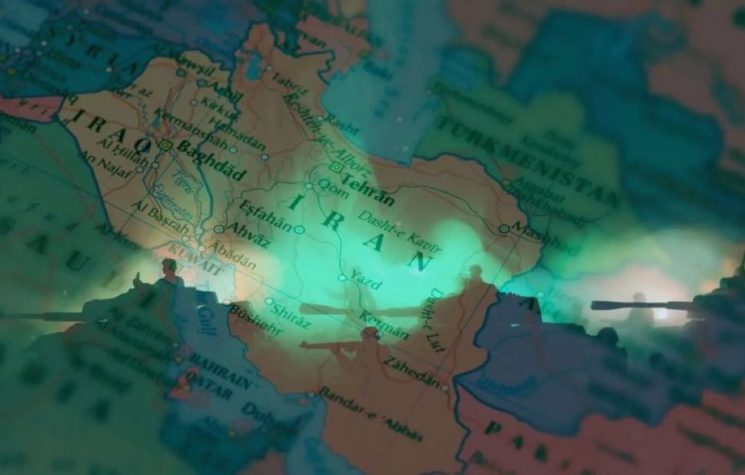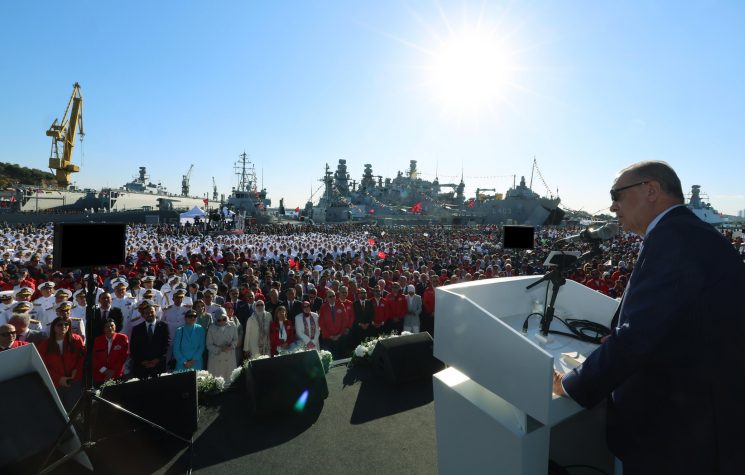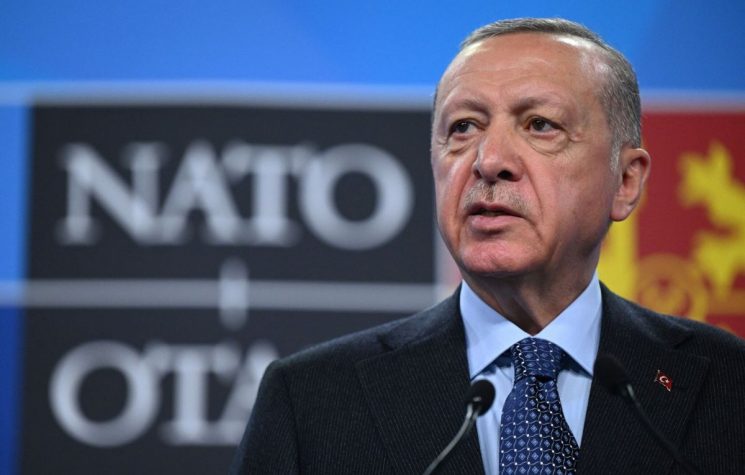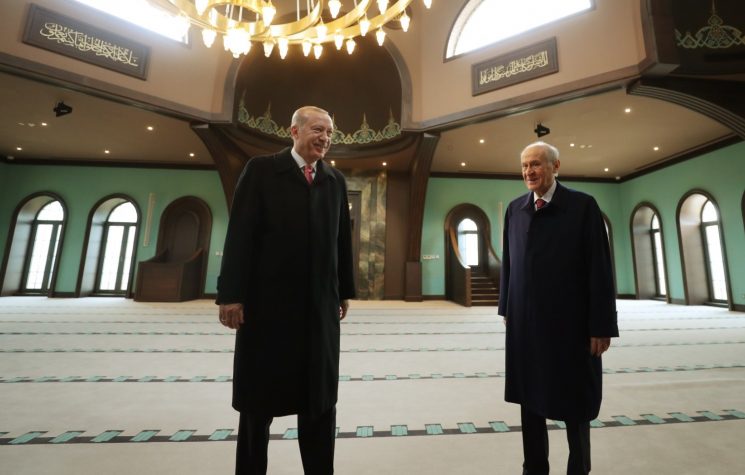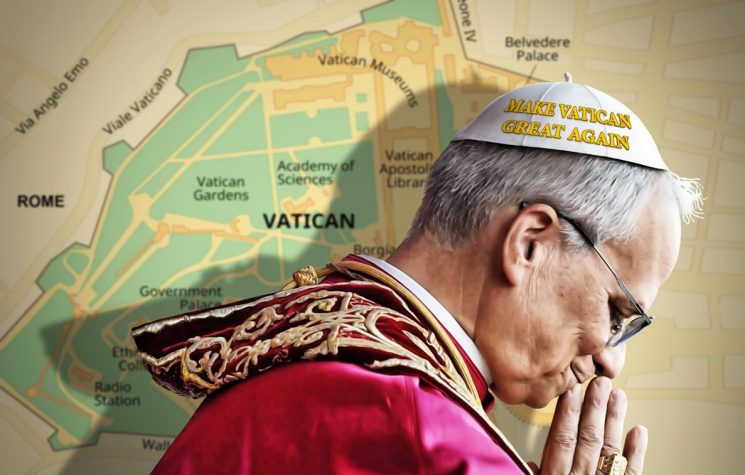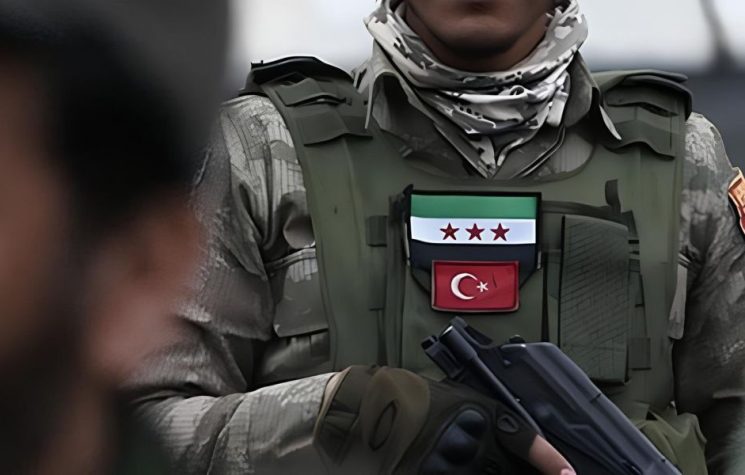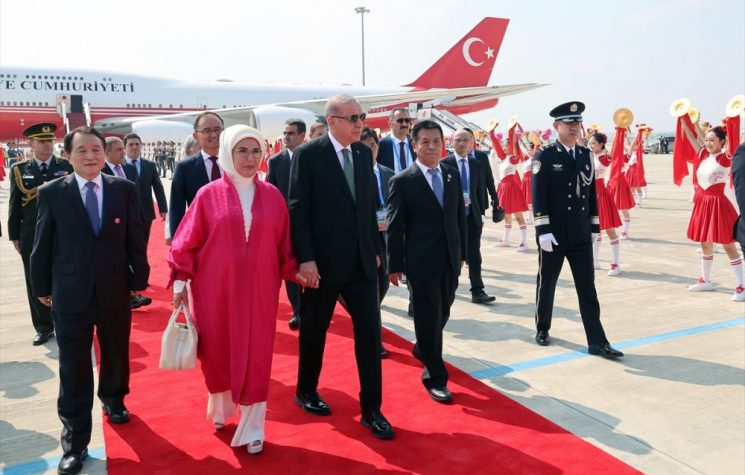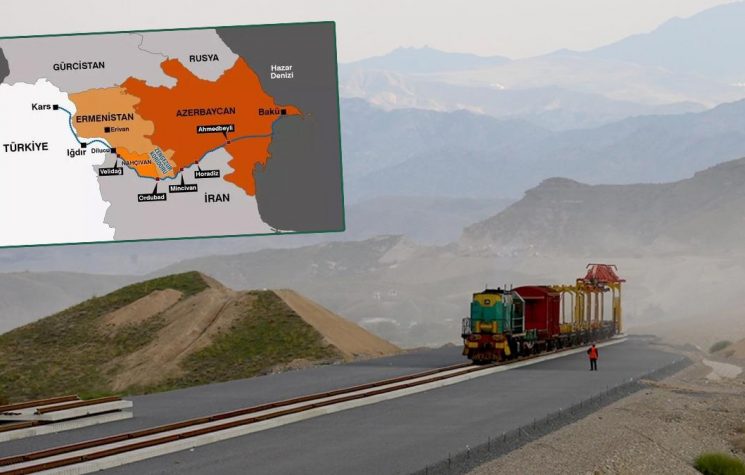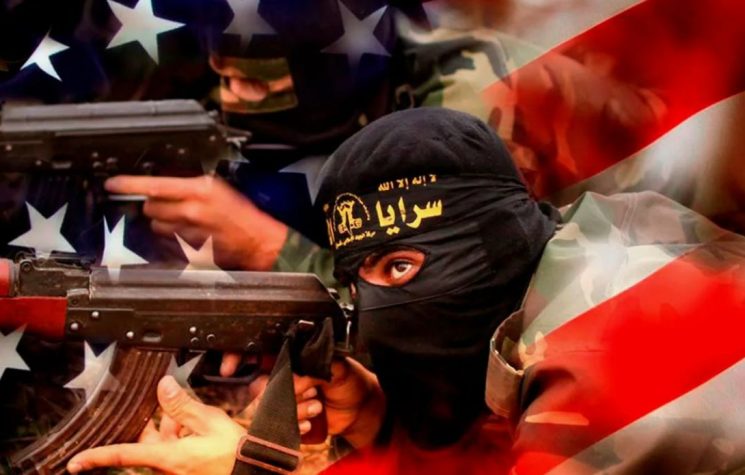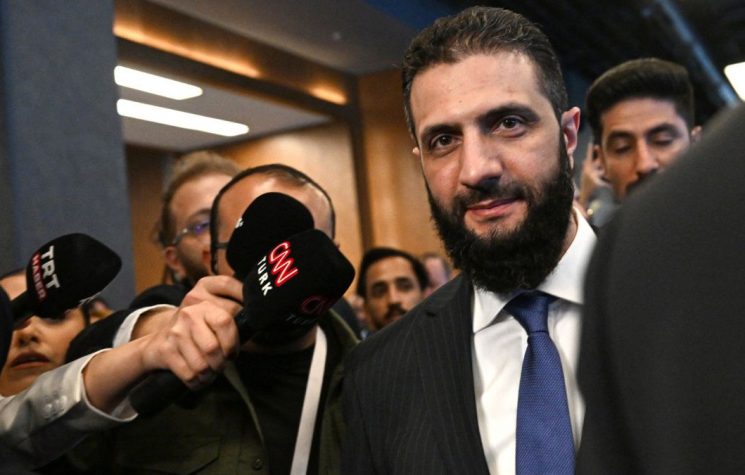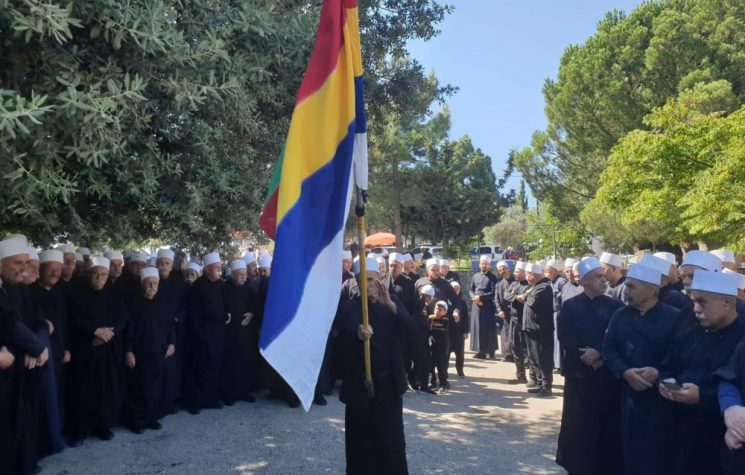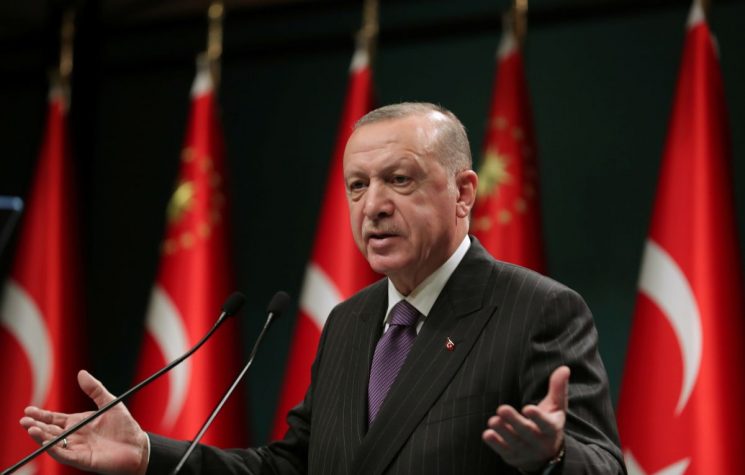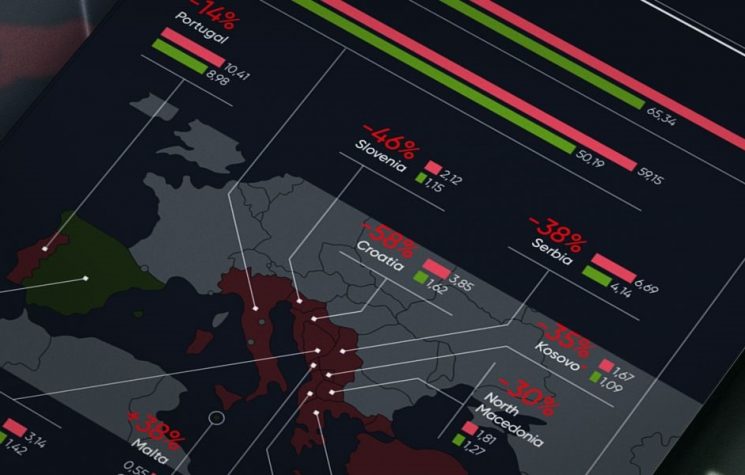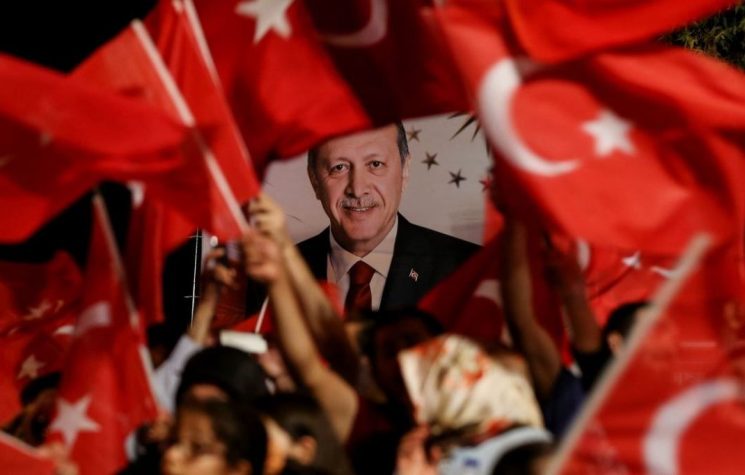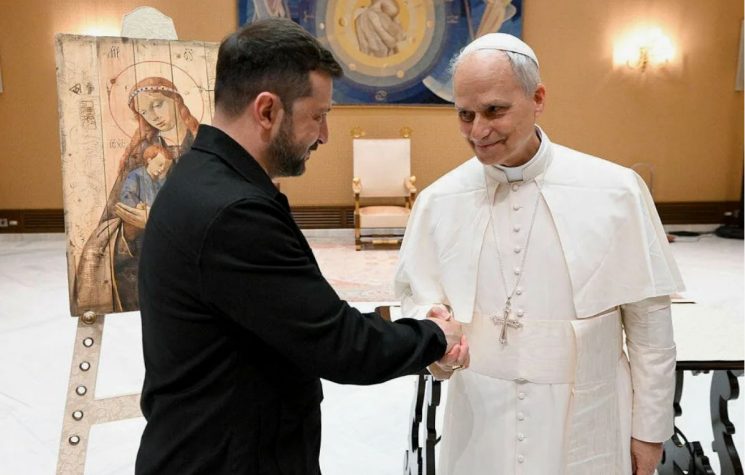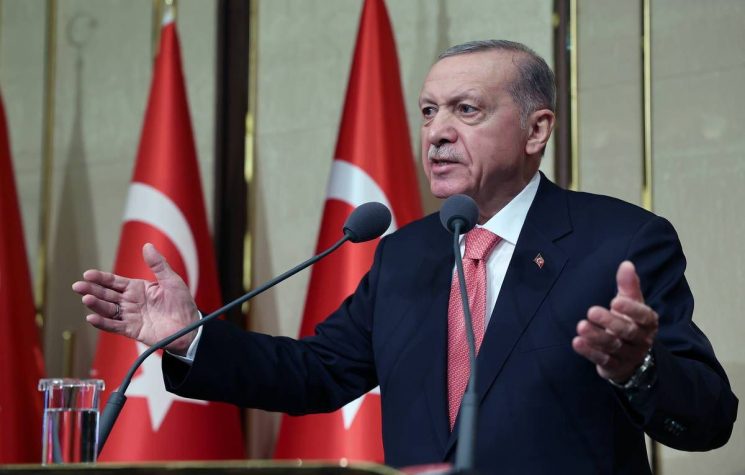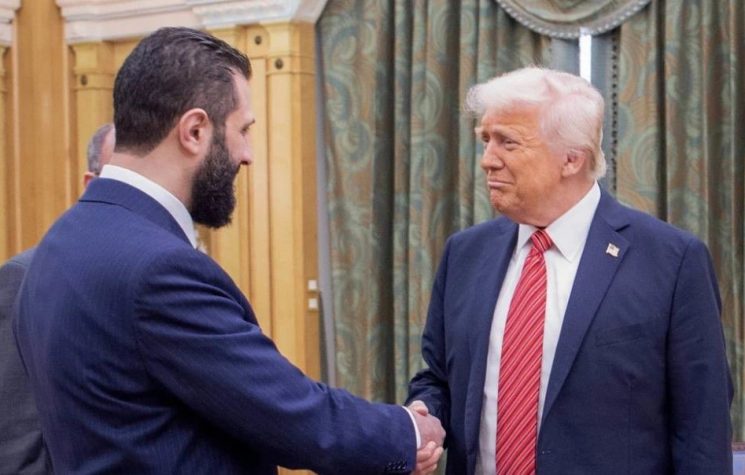Western media will no longer be able to ignore the fact that the West bankrolls the most gruesome, horrific terrorists in the world.
Contact us: info@strategic-culture.su
In 2016, Steven Bannon interviewed me about the Middle East for his very popular talk radio show. The kind of questions he asked me showed clearly that he really knew very little of the region. But Bannon is smart. He asked smart questions. One of those was who is the trouble maker of the region? I answered that possibly this could be Turkey’s leader Recep Erdogan who had just survived a coup d’état masterminded by arguably the most powerful leader of the region, Mohamed bin Zayed Al Nahyan who is often called MBZ. I argued that Erdogan had such huge geopolitical ambitions, the money, the military resources and the true grit to actually make Turkey a regional power, competing with KSA and UAE. I said that Erdogan had a lot to prove and was eager to make a wave and that he might just pull it off if he can keep a cool head.
To my great surprise, I noted a couple of weeks later Bannon do an interview with a Saudi newspaper and repeated all of what I had told him verbatim. He even copied my expressions!
But levity aside, there are some serious points about Erdogan’s role and what now he must be thinking about Turkey’s positioning in the region.
Syria falling took everyone by surprise. The sheer speed of the Assad regime collapsing as an entire army walked away from the slew of jihadists driving at high speed south, until they reached Damascus, was stunning. Presently we are only left with journalists’ clichés. Who are the winners and losers? Does this now weaken Iran thus tempting the U.S. and Israel to take a second shot at it? Or will Israel now target Iran’s allies in the region now that the Shia Crescent no longer has a lifeline highway which can be used to supply Hezbollah in Lebanon?
All of these questions still hang in the air as we need to see whether these jihadists from Idlib have the political skills to feather their own beds with regional players. Perhaps within Syria, it might be harder as already, at the time or writing, the HTS is already fighting key towns in the north which are controlled by Turkey’s main foe, the PKK, or should we say the YPG as it is known – the Syrian Democratic Forces (SDF) which is largely made up of Kurds, with a minority of Syrian army defectors thrown into the mix.
This clash now is interesting as the Kurds own the key part of Syria which has both the oil and the best agricultural land. Surely, one would argue that Jolani will now move to kick out the Kurds, even though their backers – the USA – are his as well. It is often the case that rival groups in Syria who are both on Uncle Sam’s payroll fight one another. But the scale of this potential conflict is huge and should not be underestimated. Syria is flat broke. Its economy is tatters with government regime soldiers only earning 7 USD a month in local Syrian pounds, probably one of the world’s most devalued currency in the last decade.
But it’s interesting how it was a Turkish leader often despised by U.S. officials who took the place of the Saudis and Emiratis who, in 2006, just after the embarrassing 34 day war in Lebanon which gave Israel a bloody nose, assured Dick Cheney that America would never be seen to be actually funding the most brutal terror group in the Middle East to fight its dirty wars. America, under Obama, actually gave Al Quada, ISIS and its affiliates hundreds of millions of dollars to fight Assad once the CIA had officially given approval to the plan to topple Assad in 2014. It was actually U.S. government policy to overthrow Assad with Syria always seen, even back then, as the weakest link in Iran’s sphere of power and influence. What the downfall of Assad is significant for, in terms of salient points it raises, or myths it debunks, is that western media will no longer be able to ignore the fact that the West bankrolls the most gruesome, horrific terrorists in the world while standing in line with the Charlie Hebdo funeral procession and condemning the Ariana Grande Manchester concert bomb. Despite CNN putting in a sterling effort in an interview with Jolani to rebrand him, the cat is out of the bag.
It’s really about relations. How to keep them, how to win new ones and how to lose them.
Ironically, it was Assad in the end who was the weakest link. He refused to have his army trained both by the Russians and then later by the Iranians. He decided that his longevity was via Israel, and so cozied up to the UAE who helped him with the lobbying in DC which some believe was working. Assad was actually trying to make himself the spy who came in from the cold with his Washington contacts rather than stay with the Russians and the Iranians. Given that it was Russia who saved him from a humiliating defeat in 2015 when most western hacks were already writing his eulogy, perhaps there is a lesson there for regional leaders.
But most leaders don’t learn lessons. In recent years relations between Assad and Erdogan swung from one high point to the other. Assad could have worked with Erdogan on destroying the SDF and take back the territory. There was an offer there. Yet Assad was blinded by his own dogma and vanity which is perhaps the key point which he has in common with Erdogan.
The Turkish leader now must reevaluate himself and his country. On the one hand, he has earned a great many points with both the U.S. and Israel, the latter being an arch enemy which has served his political narrative for some time, particularly recently. Does Erdogan now fulfil his dream of having a government in Damascus which is made up of Ottoman type functionaries and the same ideology? Or do both Israel and the U.S. now cast Erdogan aside thinking they have no longer any use for him, a move, in itself which would spark a full-scale civil war in Syria between these two main players now. Erdogan must now present himself as the key broker who is invaluable in finding a political solution, but how does he do that now he has pissed in the soup of two key regional powers that helped him for so long, Iran and Russia? Funding on behalf of the Americans a terrorist group which Washington doesn’t want to sully its hands with was smart. Finding about a third of the HTS’s fighters from Central Asia, will hold him in good stead as a contender at the poker table with all the regional leaders amassed. But now that he has fulfilled a dream, which coincidentally is the same as Netanyahu’s – the destruction of Syria as an Iranian super proxy – how does he keep his élan and relevance, given that the west loves to hate him so much and often takes great pride in shunning him on occasion?
Perhaps Steve Bannon has the answer to all these questions.











